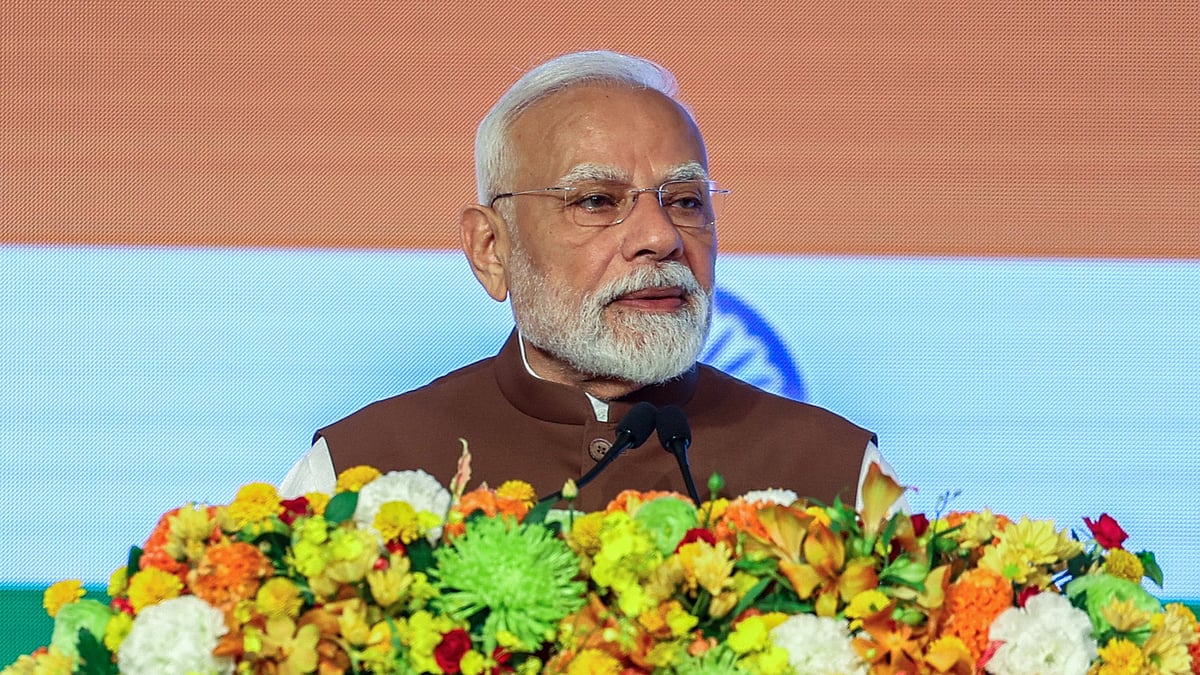We are living in the fintech era -- this statement isn't an exaggeration. Today, India is home to more than 2,100 fintech startups, including platforms aiming to disrupt traditional lending, saving, payments, and other financial transactions. Out of these fast-growing startups, over 67 percent were established in the past five years.
Unsurprisingly, India is currently emerging as a global fintech superpower. In fact, it has the highest fintech global adoption rate in the world. The fintech industry is estimated to grow from $50 billion to $150 billion between 2020 to 2025. Needless to say, the growth of the fintech sector has taken a tremendous upward spiral in recent years. And if the 2020 and 2021 growth trajectory is to be considered, 2022 is positively expected to bring further acceleration in the fintech market.
Against this backdrop, here are five key trends that will shape fintech growth in 2022:
Fintech Trend 1: Enhanced credit cards for simplified transactions
'Buy now, pay later' is the buzziest trend of modernistic financial services. Consumers today want convenient, hassle-free, secure yet simplified transactions without going through complex procedural issues. Many financial institutions are coming up with smart credit cards that efficiently cater to consumers' personal and professional needs by offering flexible payment solutions.
For example, Slice-SBM Prepaid Card is specifically designed for young Indian clientele. It provides benefits specifically to those users who are not accepted by mainstream banks to build a credit score. Another financial entity that is associated with the State Bank of Mauritius (SBM) is UNI. UNI SBM Card is a prepaid card that allows users to pay monthly spending in three parts over three months without charging any extra fee. Companies such as Slice and UNI aim at convenience and faster action to issue cards without procedural delays, thereby catering to the pain points faced by young customers.
Fintech Trend 2: Focusing on millennials and Gen Z behavior towards financial products
Fintech lenders are constantly on the lookout for new demographics and audiences that can be onboarded as customers. Some millennials and most Gen Z clientele are absolutely digitally native. In fact, given that most millennials must be involved with the working economy, they are the first testers of financial products. It goes without saying modern-age consumers have a knack for technological advancements, detest long queues and are comfortable with DIY vs dealing with a relationship manager for transactions. They are also looking for long-lasting lender bonds. Lenders aiming to make the most of the millennial and Gen Z market have to focus on student lending and lending products. They will have to adopt digitization, simplify their process, use reliable software and manage feasible interest rates to ensure a good funnel for users' early capture.
Fintech Trend 3: Expanding asset classes for investment
New-age investors have a greater risk appetite as compared to their predecessors. They are always on the lookout for high-risk, high-return asset class like stocks over traditional options such as fixed deposits and mutual funds. Needless to say, investment goals are evolving in accordance with income, age, and generations. Many millennials and Gen Z are inclined to invest so that they can prepare for early retirement. Owing to these trends, wealth management platforms and stock trading platforms like IndMoney, Zerodha, and Groww will continue to see adoption as more retail investors enter the public markets. Newer asset classes such as cryptocurrency, Non-Fungible Tokens (NFTs), and fractional real estate will gain further traction.
Fintech Tend 4: Serving the underserved economy with viable loan options
For years, certain sections of society have faced economic obstacles while applying for loans or building credit scores. New-age startups, specifically Non-Banking Financial Companies (NBFCs), have significantly penetrated underserved sections with new credit disbursal methods. These futuristic fintech platforms are leveraging artificial intelligence, machine learning, and consumer behavioral analysis, among other tools, to use more comprehensive credit underwriting measures. On the back of these advancements, solutions like social scores for consumer lending and small-ticket loans to the underserviced economy, which isn't part of the formal banking channels, started pouring remarkably. To continue this unprecedented growth, fintech alliances with standard bank lending and further enhancing value proposition will give brands an edge above their predecessors.
Fintech Tend 5: Zero percent EMIs to encourage the purchase of products
Over the past decade, retailers and bankers have developed innovative solutions to counter the economic slowdown. One such measure was offering interest-free equated monthly installments (EMIs). Zero-interest EMIs in conjunction with brands to encourage the purchase of products has worked exceptionally well. Leading brands such as Dyson, FabIndia, MegaMart, Lifestyle, and Godrej have stated time and again that zero-interest EMI options are far more fruitful than any bumper discounts they could have offered. For most goods, the interest loan is relatively insignificant, and therefore such loans get instant approval with minimal hassle or documentation. The spurt in this particular category will continue in the upcoming years, especially because most consumers today prefer buying products that offer some form of discount or cashback.
Final Word
The aforementioned trends are just scratching the surface of the fast-evolving fintech segment. Given that average income is increasing every year and consumers are becoming more and more aware of financial attributes, it is safe to say that the real might of the fintech industry is yet to come.
(Neha Khanna is Director, ValPro.)










